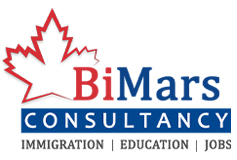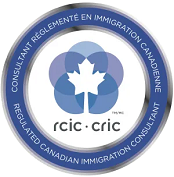How to add dependents on TR to PR open work allow application
Eligible household participants can additionally work in Canada below the new open work allow policy. The new open work allows for integral people and global scholar graduates are right here till December 31, 2022. Applicants to the transient dwelling to everlasting dwelling (TR to PR) pathways can additionally add their household participants to the bridging open work permit.
The new open work allows opened July 26, especially for TR to PR candidates in Canada. It lets in them to preserve working whilst they wait on the consequences of their utility for everlasting house if they do no longer get a selection earlier than their present day fame expires.
These important candidates can additionally consist of their household participants on the work permit. Family contributors have to additionally be in Canada, and meet the work permit’s eligibility requirements.
Eligibility for household members
Firstly, the predominant applicant ought to have named you as an instant household member on their utility for everlasting residence. According to the authorities of Canada, immediately household applies to the spouse, common-law partner, and established children.
Children age 18 and older can be blanketed on the work permit. Younger children may also be in a position to get a learn about permit, or find out about barring one if each dad and mom are in Canada and no longer on a visitor’s visa.
Family individuals will additionally have to post files at the time the primary applicant is applying. Depending on your situation, you might also want marriage certificates, delivery certificates, or the Statutory Declaration of Common-Law Union if you are in a common-law relationship. You will additionally want a reproduction of the everyday immigration form, IMM 0008, the place the fundamental applicant listed you as a household member.
If the immigration officer has any issues about the genuineness of the relationship, they may also ask for greater information. They will desire to verify that your relationship is authentic and is no longer a relationship of comfort for the functions of immigration.



